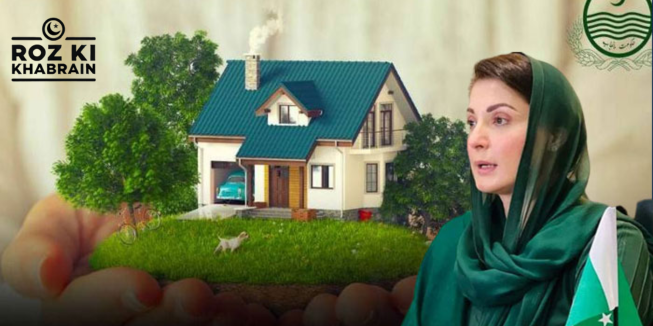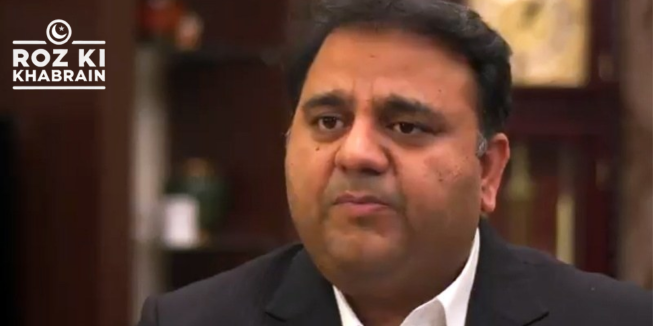The Punjab government has ordered the closure of all schools up to the higher secondary level in major divisions across the province due to severe smog.
During a press conference at the Chief Minister’s House, Punjab’s senior minister Marriyum Aurangzeb announced that schools in Lahore, Gujranwala, Faisalabad, and Multan will switch to online classes until November 17 to protect public health as pollution rises.
“Today, the air quality index (AQI) is 1,150. Yesterday, it was 500, posing extreme health risks,” Aurangzeb stated, urging parents to keep children indoors and emphasizing that online schooling is a health measure, not a holiday.
Lahore, currently experiencing the world’s highest AQI—often surpassing 1000 due to pollution from neighboring India—has seen a surge in respiratory issues, with cities like Multan, Kasur, Sheikhupura, and Gujranwala also heavily impacted.
In response, Punjab has mandated mask-wearing in public spaces. Offices, both public and private, are to implement a 50% work-from-home policy, with all government meetings held online.
Aurangzeb confirmed that targeted initiatives are underway across health, agriculture, and environmental sectors to tackle pollution. The Smog War Room, established to monitor air quality, coordinates interdepartmental efforts.
“Our priority is public health,” she asserted, noting that Safe City and Traffic Police will enforce mask use and advising elderly citizens to avoid outdoor exposure.
She also called for regional cooperation, explaining that cross-border pollution from India is worsening Lahore’s smog. “Collaborative action is essential to address this crisis,” she stressed.
Earlier, Punjab ordered primary schools in Lahore to close from November 4 to 9 due to hazardous smog levels.
A notification specified that schools up to 5th grade, both public and private, would close, especially for students with heart, respiratory, and other health concerns.
According to Swiss air quality monitor IQAir, Lahore’s AQI reached a hazardous 1,165 yesterday morning, with PM2.5 levels—fine particles most harmful to health—exceeding WHO guidelines by over 125 times.
While the AQI dropped to 1,099 later, it remains hazardous, as the city recently recorded an AQI as high as 1,194.
The worsening air quality has led to health concerns, with the Punjab Health Department reporting over 55,000 eye infections across the province and more than 7,000 cases in Lahore alone from October 21-27.
More than 6,000 cases of nose, ear, and throat issues were also reported, prompting medical experts to advise people in smog-affected areas to stay hydrated.
Lahore’s AQI dipped to 751 yesterday morning, still 90.3 times above WHO guidelines, while New Delhi ranked second with an AQI of 364.
The health department has also set up a Smog War Room, where officials from the Environmental Protection Agency (EPA) receive daily updates on anti-smog measures.
Additionally, “mandatory” leave has been granted for students in Lahore’s special education centers suffering from health issues due to polluted air, effective from November 1 to January 31, 2025. This decision prioritizes students dealing with heart, respiratory, and other health conditions amid the ongoing smog crisis.




